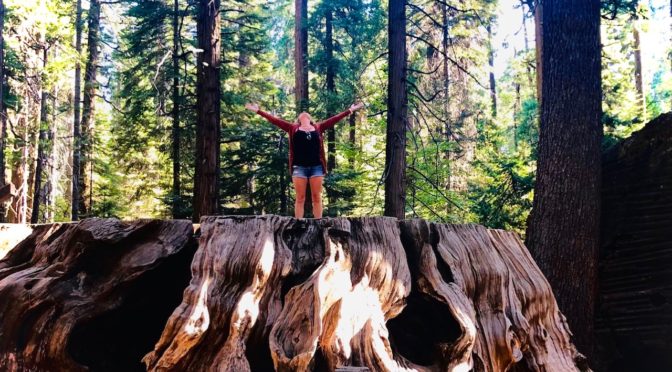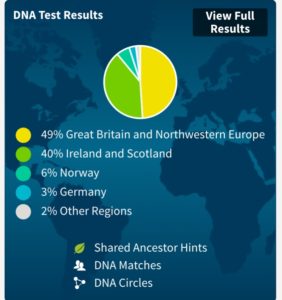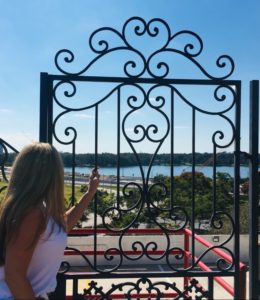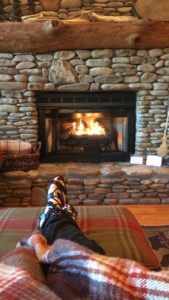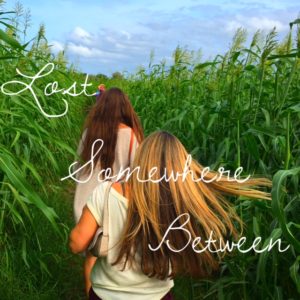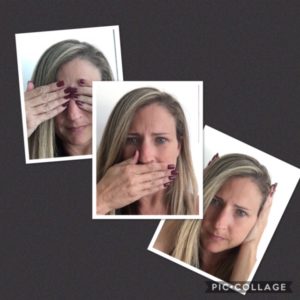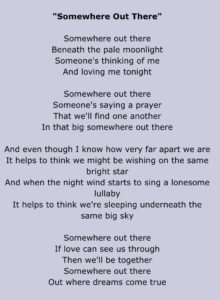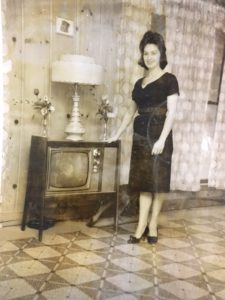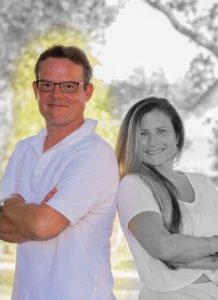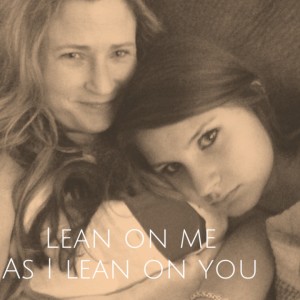I have always been an introspective person with a belief that self-reflection is the key to growth. I began my first personal diary in the 1st grade. That diary was my prized possession! I wrote in the last page at the end of my first year in college. I continued to journal through all stages in my life; the last journal I have is from 2017. One of my favorite things to do is go back and read those journals because every now and then I uncover something that explains feelings/actions that have manifested years later. I found something recently…
There is tremendous pain and suffering for adoptees resulting from abandonment and separation at birth that manifests in different ways, troubled relationships, fear of being left alone, hoarding, etc… I have listened to stories and feelings from adoptees but never felt I had manifestations or challenges that stemmed from relinquishment at birth. The more I learned from other adoptees’ stories, the further I dove into my own actions and choices in life to see if I had been missing something. The most obvious issue that came to my mind was my inability to choose healthy romantic relationships in the past. Much of it in the beginning was just being young and naïve but that does not explain the subsequent trend of picking the wrong people or caring so deeply for someone who doesn’t care as much about me. I found myself being desperate to make people love me and when I failed to do that, assumed I would never be good enough for anyone. Eventually, after finding the ability to end unhealthy relationships, I found a new skill of being able to effortlessly cut people who were at one point so important to me out of my life entirely with little to no emotion. There’s a lot going on there…
I am now in a very healthy and wonderful relationship, with someone who not only knows me completely but naturally complements who I am. I also trimmed off toxic relationships and now have very positive friendships and family relationships. I have found a sort of nirvana, therefore, really haven’t thought too much more about my issues of the past. But a few days ago, I found some old journals from 1996 and my first year in the Army; I couldn’t help but skim through for amusement’s sake. I was reminded of the causal dating that I did early on and the fun I was having on my own. Then I got into my first serious relationship. It was not a healthy relationship because my boyfriend was battling internal demons that had nothing to do with me but affected me greatly. I did not need to be reminded of all the ups and downs of that relationship so I just skimmed through but my eyes locked on one sentence…
“I don’t know what I’m scared of, it’s not like he is going to fall completely out of love with me overnight…”
Something clicked immediately and the light bulb went off in my head. I realized that this was a manifestation of being adopted that affected my relationships. The fear of someone instantly and suddenly walking away from me clouded my judgement on whether or not someone was right for me. I focused entirely on what I had done wrong instead of considering the possibility that the other person may have the issue. If someone pulled away from me for even a moment, I would assume it was my fault and that it was permanent. I have no worse feeling than someone thinking I’m not good enough and then walk away from me. There’s good news though…
While I only just realized that this manifestation played out in past relationships, at some point along the way I stopped that behavior and took control of my own destiny. I eventually started learning from those failed relationships and realized that I have the power to make changes and do things differently if I didn’t want the same outcome over and over. I figured out that I have to stand up for myself because it’s no one else’s job to do that. Maybe it’s all my journaling, maybe it’s my introspective nature, maybe it was amazing daughter, family, friends, and partner in life, maybe it was finding my biological family or a combination of all of the above… but I found my self-worth.
I have to say that one more time, slowly. I. Found. My. Self. Worth.
I learned to say no, I learned when enough was enough, I learned how to move on with my head held high. It doesn’t mean I don’t still struggle every now and then because I do… but in the end I win. And guess what happened? The best people are still around and with me and the rest faded out. I couldn’t be happier. It really is true when they say, if I only knew then what I know now… but we have to live to learn.
Fellow adoptees, it can be the hardest thing in the world to learn and believe but you ARE WORTHY. Being relinquished or abandoned was NOT YOUR FAULT. Find support groups, find friends who relate, whatever it is, find it because I’m here to tell you THERE IS HOPE. Don’t give up on yourself, love yourself, and I promise you the best is yet to come.
